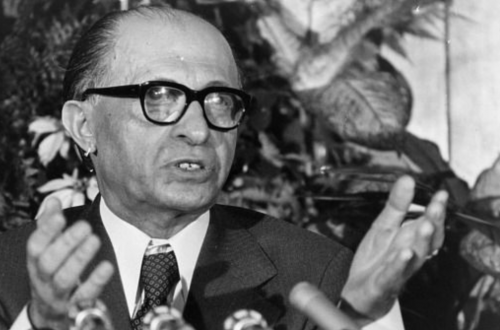This is a guest post by Alex S
I attended the OUSU (Oxford University Student Union) council meeting on 14 February to discuss the proposal to propose an academic boycott of Israel at the upcoming NUS (National Union of Students) conference. The real discussion and vote has been delayed two weeks to allow more consultations from common rooms, but we heard some arguments for and against.
We heard that the proposed motion has been divisive, offensive and upsetting, particularly towards Jewish students, we heard about campus violence in Manchester and in London over similar issues. We heard that the BDS movement, a self-styled coalition of Palestinian civil society organisations who have called for a boycott, are extremists, anti-Semites, that they don’t believe in a two state solution or dialogue, that they disrupted a performance by the Israeli Philharmonic orchestra. We heard that the international press are closely watching the Oxford Student Union for its opinion.
We heard that Israel is a state that repeatedly violates UN resolutions and commits human rights abuses, that it has imposed collective punishment on the people of Gaza and that it is analogous with the apartheid state in South Africa. I’m sure we’ll hear more from the proposers in two weeks, since they were holding their fire until then.
I found most of the arguments against the boycott unconvincing. If OUSU truly believes in something, then it must do it, whether or not this offends some students, whether or not it associates itself with unsavoury characters, and certainly regardless of the press reaction. The thing is, though, that it just seems disproportionate. EU sanctions, for example, are supposed to be justified on pretty specific grounds, and these are subject to judicial review. The sanctions against the Syrian Central Bank are justified on the grounds that it funds the government’s suppression of protest. There are just four entities on the UK’s Sudan sanction list, all individuals apparently in command of paramilitary or military forces in Darfur.
So to propose a boycott of Israel targeting all academic institutions, you have to be convinced that Israel is rotten at its core, worse than Sudan, whose head of state has been indicted by the International Criminal Court for genocide. That this rottenness has spread to corrupt all of society and all structures – academia included. Imagine being told that Oxford was being boycotted for Blair’s war in Iraq. In this context, it is worth noting a few recent developments in the world of Israeli academia. In December, Israeli academics slammed Prime Minister Netanyahu for ‘harming academic freedom’, after he vetoed the participation of a left-wing professor in an Israeli-German summit meeting. Last year, Tel Aviv University resisted political pressure and allowed a Naqba day celebration to go ahead although this could, legally, result in the withdrawal of funding.
We’ve not proposed an academic boycott for Sudan for the genocide in Darfur, for China for its occupation of Tibet, or for any of those authoritarian regimes which treat their entire populations like occupied peoples, although universities in these countries operate under strict political control. And I’m not advocating one either – it would not be appropriate nor helpful. By the same token, I can’t support the proposed boycott of Israel.


